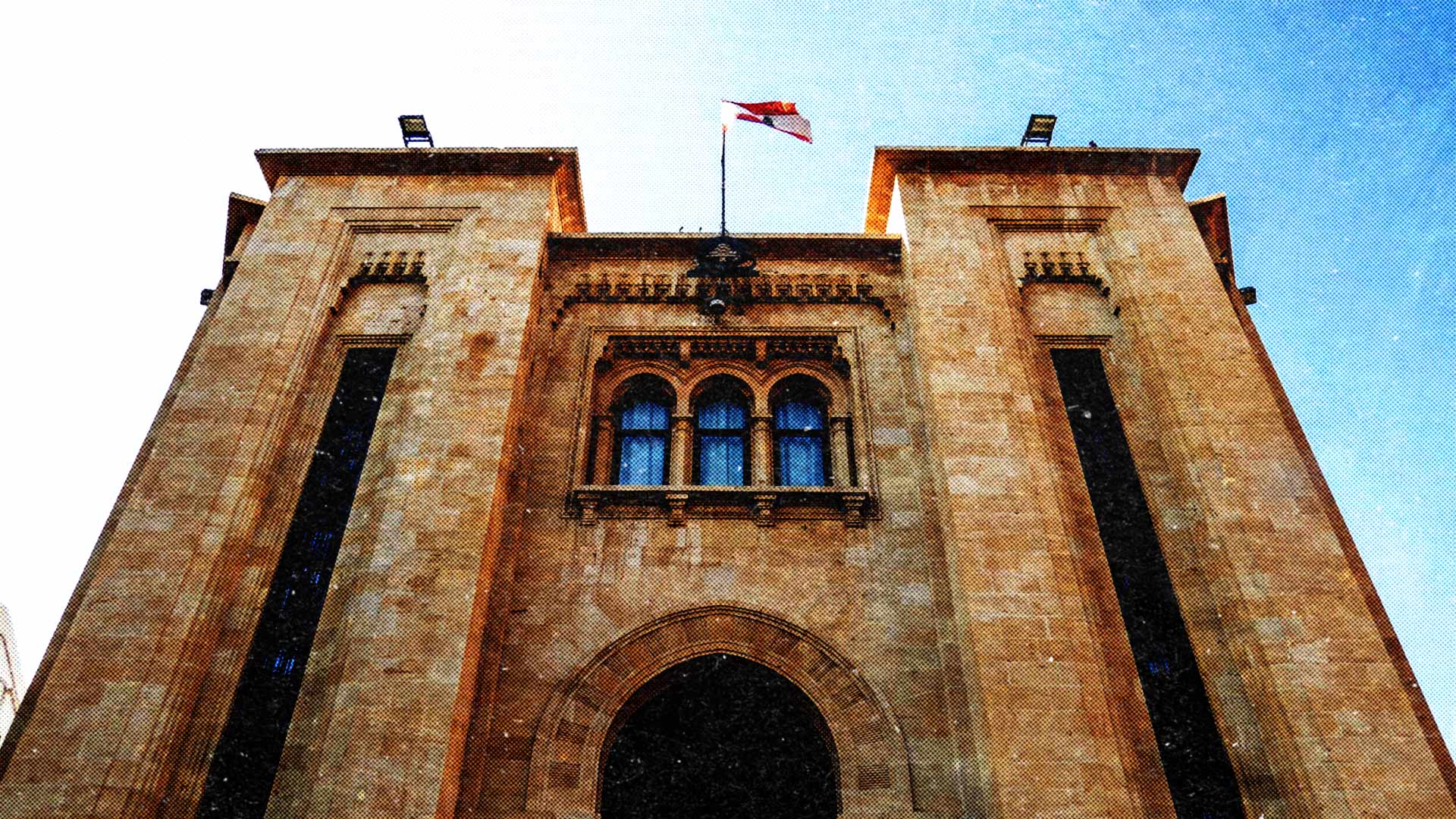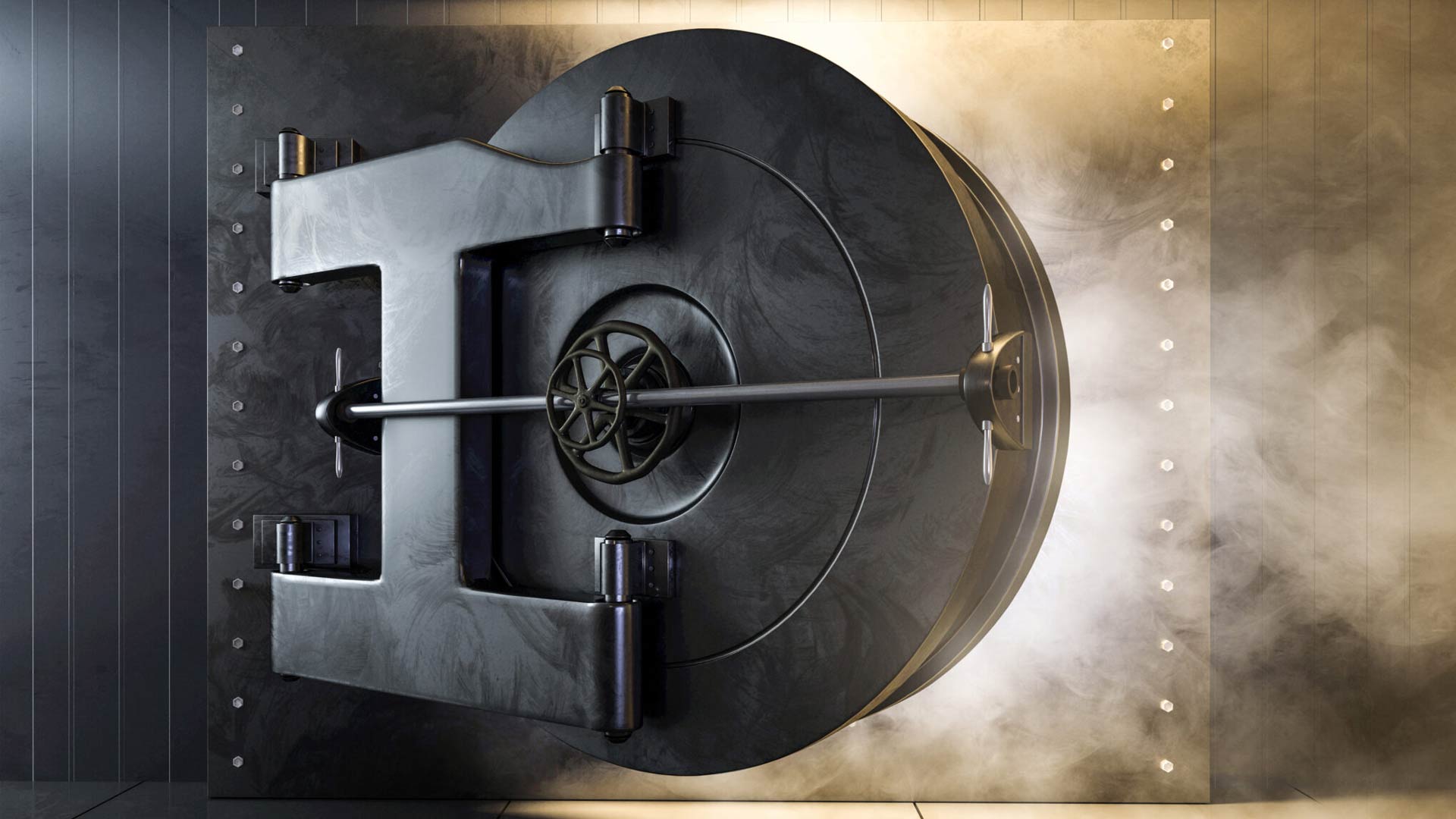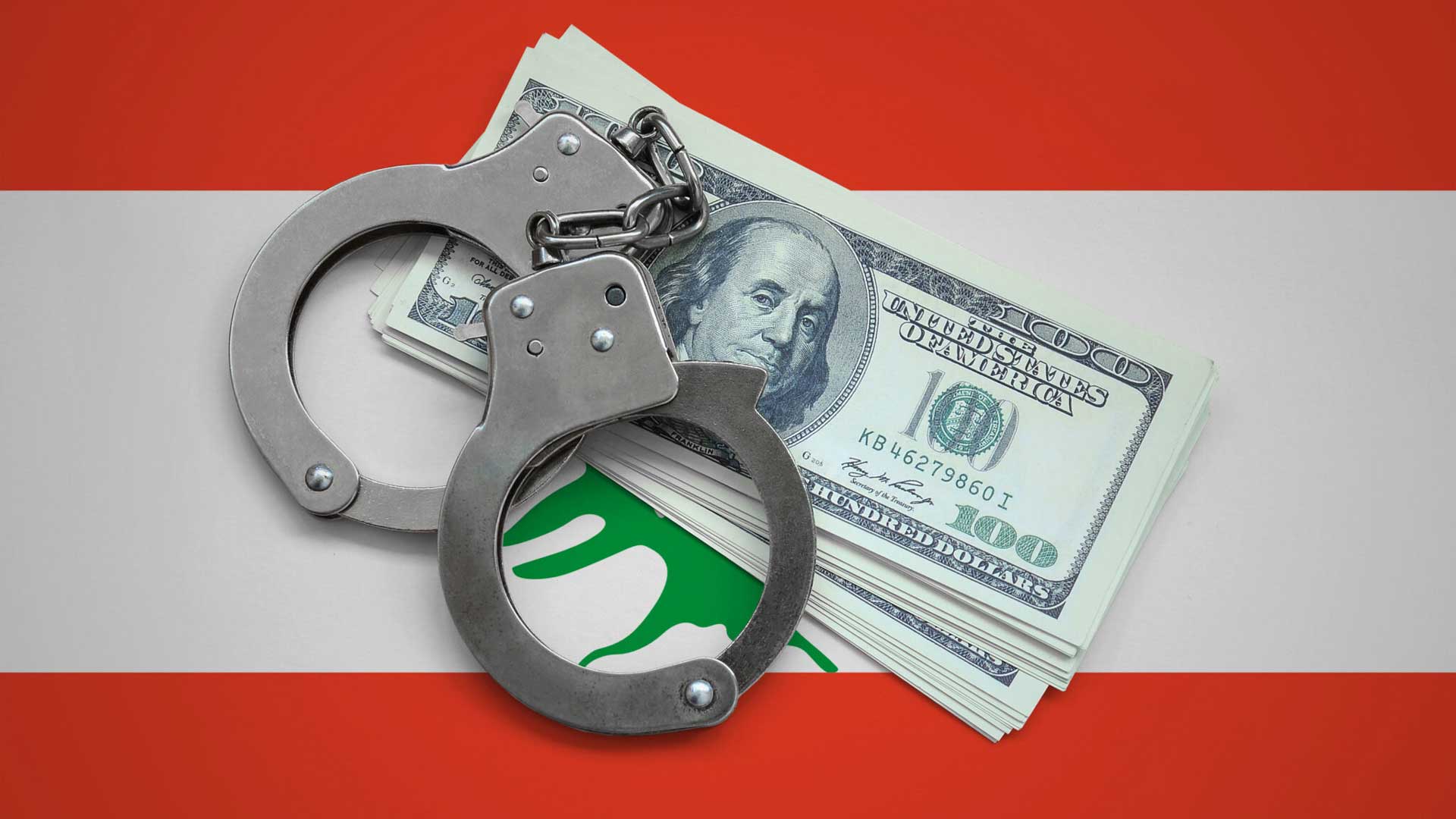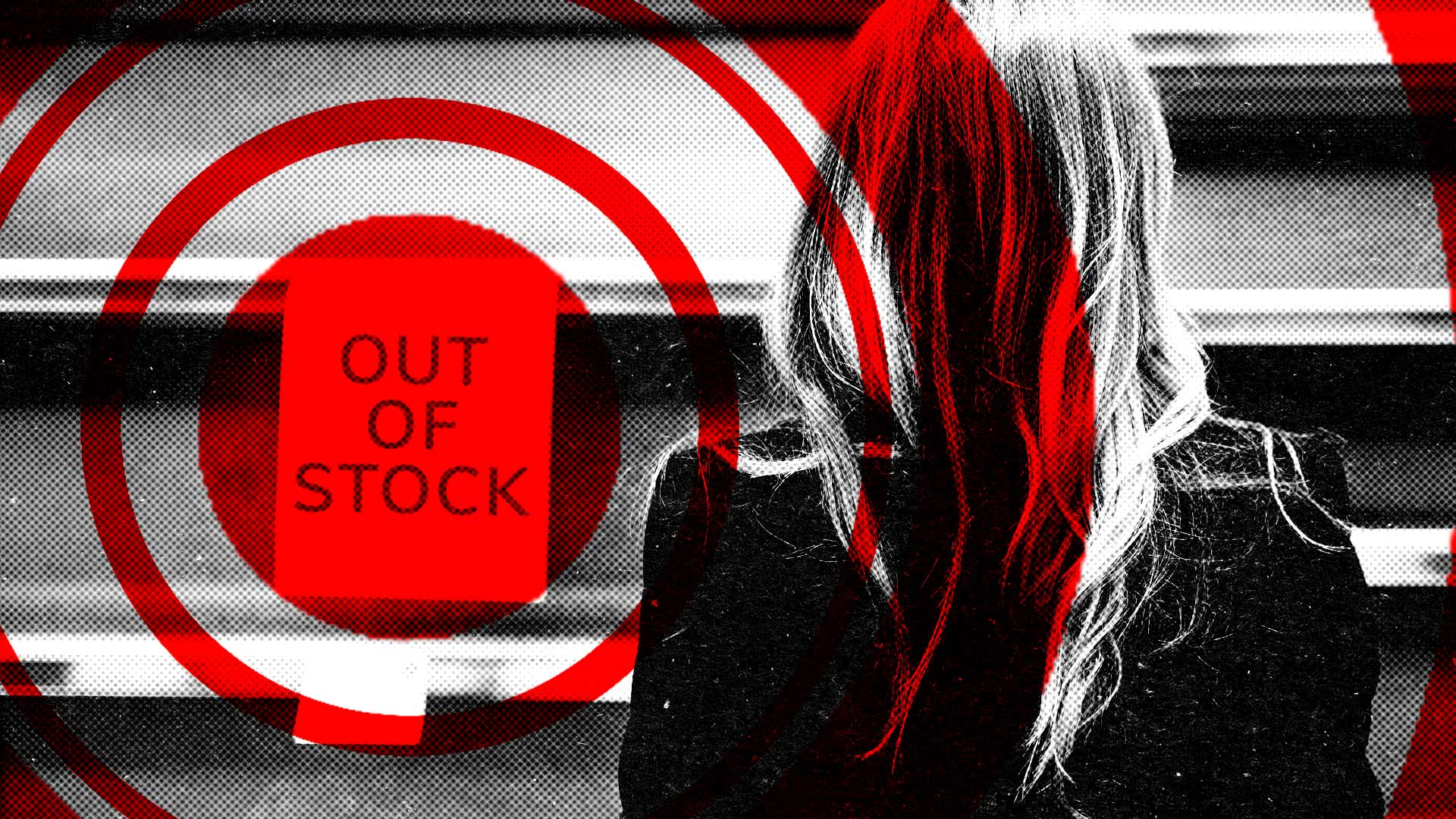By September of any year, most governments in the world are already planning for the next year’s budget—but not Lebanon. One would think four years into one of the worst financial crises the world has ever seen, the least its Parliament could conjure is a spending plan for some kind of recovery. Instead, members of parliament (MPs) were alerted late last week to sit for an extraordinary session of parliament this week aimed at ramming through a budget for a year that has mostly passed. Obviously, the point is not to provide substantive debate on the country’s revenues and expenditures — as usual establishment MPs seem to have cut a deal to put off structural change by transferring more losses to the population at large instead of those who caused the crisis.
At the core of the draft budget is a ‘customs dollar’ proposal to raise the exchange rate on customs duties from its pre-2019 fix of 1,507 Lira to the dollar to 20,000 Lira, as a start, with some exceptions on essential goods. This would increase state revenues, in theory, enabling the state to pay public servants wage rises and resume government functions which have been paralysed due to rolling strikes and the inability of staff to do their jobs on such devalued salaries.
Inflation over reform
No one is against the government having more money to pay woefully underpaid civil servants, or paying for electricity production (albeit to a fuel cartel). Yet the budget currently being rammed through Parliament will do nothing but fan the flames of inflation and worsen the crisis if it’s not part of a more comprehensive set of reforms. At the moment, importers are reaping the benefit of the current structure, by paying their customs duties at 1,507 Lira to the Dollar. Were importers to pay their fees at 20,000 Lira or more, they would automatically pass this fee onto consumers (and then some), placing upward pressure on prices and wiping out any perceived usefulness of the customs dollar.
Worryingly, the budget also proposes that the power to set this rate be given to the Minister of Finance – a startling deviation from the existing norm where Parliament has the power to set the exchange rate under Articles 2 and 229 of the Code of Money and Credit Law (1963). Such a move would codify the power for the fractious and politically exposed executive to take direct political control of exchange rates, as well as justify the operation of multiple exchange rates—an illegal practice that BDL and successive governments have continued during the ongoing crisis.
As a policy tool, the change in the rate of customs duties would serve to bolster state revenues if the measure was part of a set of other critical reforms. First and foremost, instead of piecemeal reform of the exchange rate, a unified exchange rate required by the IMF as a condition for a loan agreement should be the priority. A wholesale change in the exchange rate would need to be coupled with an appropriate capital control law to stave off a rush on the banks when the exchange rate changes. In tandem, reforms such as lifting banking secrecy retroactively and restructuring the banking sector would set the stage for effective tax collection under real budget reform—one where progressive taxes form the basis of fairer state revenue collection and funding of social services.
The budget also proposes little in the form of reforms to Lebanon’s heavily inequitable tax structure, enabling tax evasion and low effective tax rates for the wealthy, while imposing an inordinate burden on low and middle-income households through regressive taxes such as VAT and customs duties. In any given year around 80% of tax revenue is gained from regressive taxes rather than progressive ones. The current budget is in fact more of the same, it proposes raising the rates of some taxes and fees such as the financial stamp fee, real estate fees, topographic fees, passport fees, and new airport fees, among others. So far, the only (partially) progressive measure introduced in the draft budget is a tax on empty completed properties.
Instead of continuing and strengthening Lebanon’s unjust revenue structures, the budget could have started the process of substituting regressive revenue sources with raises in progressive taxation. The options for such substitutes are numerous, including raising the top-tier tax rate from a paltry 25% to OECD averages (around 40%), imposing taxes on luxury cars and real estate, as well as financial penalties on those who enabled and profited from the ponzi scheme that led to the financial crisis. What’s more, simply bolstering tax collection and having the ability to do so through a retroactive removal of banking secrecy could garner up to $3.5 billion per year according to Triangle’s estimates.
A new social contract
The current budget is nothing less than a ploy by the establishment to continue down the ruinous road the country has been on since the end of the civil war in 1990. Under the current social contract, those with the means almost never pay their fair share—something which is reflected so obviously in the budget and the tax code. The government’s short-sighted and incomplete approach to correcting the tax system without a clear economic plan will be ineffective in solving the country’s current woes. Yet longer term, without a true commitment to the idea that those with the means should pay more than those without, the repetitive theatre of bogus budgets will likely continue. In just under one month, Lebanon’s constitution dictates its regular session of Parliament sits to discuss the 2023 budget. One can only hope that by then, those who truly represent a force for change can propose a budget which represents a change in the social contract that has brought the country to its ruin.



